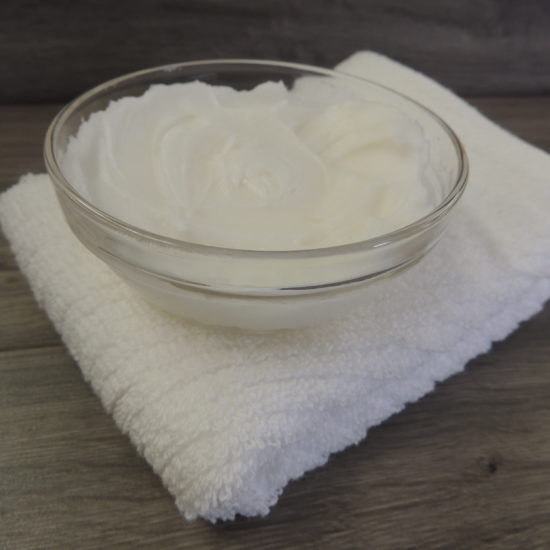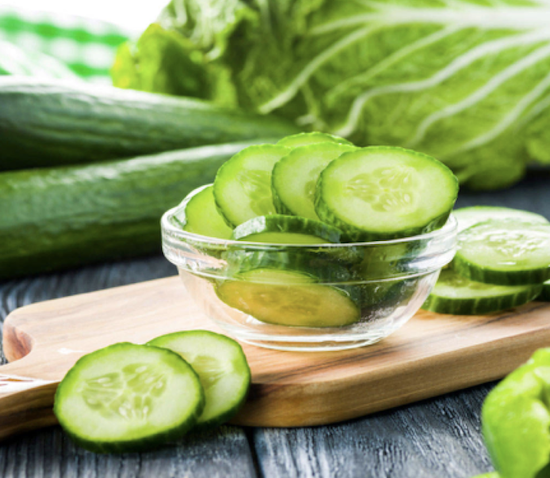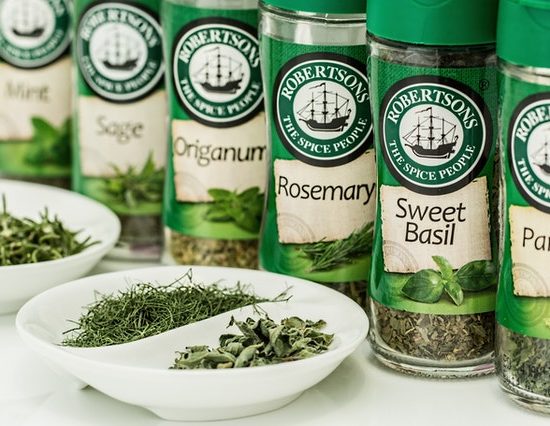
CBD oil has been studied for its potential role in treating many common health issues, including anxiety, depression, acne and heart disease. For those with cancer, it may even provide a natural alternative for pain and symptom relief.
Unlike tetrahydrocannabinol (THC), another type of cannabinoid, CBD doesn’t cause any feelings of intoxication or the “high” you may associate with cannabis.
I tried CBD, but it didn’t do anything for me.
Why isn’t CBD working for me?
Is all this CBD hype just a scam?
Sound familiar? If you’ve tried CBD products without any results, you’re not the only one — but that doesn’t mean the whole industry is a scam.
Cannabidiol, or CBD, is a nonpsychoactive component found in the Cannabis sativa plant. It’s being researched for many possible medical benefits, and unlike tetrahydrocannabinol (THC), this active compound doesn’t get you “high.”
People are using it to help manage a number of ailments, including:
- chronic pain
- inflammation
- anxiety
- insomnia
- seizures
Before treating a medical condition, speak to your doctor to determine whether CBD is the right option for you, especially if you’re taking other medications.
You may have heard some folks with chronic conditions raving about good results — and that’s because for them, it’s one of the only few options that works.
That said, there are also some legitimate reasons why CBD might not be working for you.
So before you give up on it and tell your CBD-obsessed friends that they’re full of it, check to see if any of the following reasons apply to you.
1. Your CBD product isn’t from a reputable source
Where did you buy your CBD oil?
As it grows in popularity, it seems like CBD is popping up everywhere — from online companies to over-the-counter shops. You might have even tried a free sample to see if it works without investing anything more than the cost of shipping.
Unfortunately, some of these products don’t have high-quality CBD. The Food and Drug Administration (FDA) doesn’t regulate the industry, and some scammers take full advantage of that fact by selling low-quality products that aren’t as potentTrusted Source as they claim to be.
Some have even been found to contain no CBD at all.
So the next time you’re looking to invest in a new CBD product, use these three tips to make sure the product lives up to its promises:
- Look for evidence of third-party lab tests. Lab testing can reveal exactly how much CBD is in the product, and the test results should be available for you to see for yourself.
- Read consumer reviews. Websites like CannaInsider, Leafly, and CBD Oil Users provide reviews on brand effectiveness, delivery time, and customer service.
- Pick from a list of well-established brands. Read enough lists of favorite CBD products and you’ll see some of the same companies pop up over and over again. Popular brands such as Charlotte’s Web, Lazarus Naturals, and CBDistillery have firmly established themselves as quality sources. You can also pick a brand from a list like this one and you won’t have to worry about the guesswork of figuring out if the brand you’re buying is trustworthy.
Many CBD users have reported trying several different brands before settling on one that works for them, so keep searching if your first try doesn’t produce the results you’re looking for.
2. You need to build it up in your system
Finding the right dosage of CBD can be a tricky endeavor. The appropriate amount varies for each individual, as every person has a unique biology that results in a different reaction.
So how do you figure out what’s right for you?
Experts recommend starting with a low dose — 20 to 40 milligrams daily, according to Healthline’s Medical Network (HMN) — and slowly increasing dosage over time until you find your “sweet spot.”
Some folks find that taking a daily dose can help sustain a level of CBD in your body, which might stimulate your endocannabinoid system (more on what this is, below) to make it react more to cannabinoids like CBD.
And many people use a microdosing technique to find their personal dosage and adjust it as needed over time.
You may find it helpful to use a journal to log your results. Keep track of how much you’ve taken, how you feel before dosing and at several time intervals afterward, and any changes in symptoms that you notice.
Over time, this info can help paint a picture of how CBD affects you.
BUILDING UP A TOLERANCE Keep in mind that it’s possible to build up a tolerance to CBD, like many other drugs and chemicals. So if you find that it’s not working as well after a while, try taking a few days’ break to reset your system before starting with a low dose again.
3. You need to give it more time
The first time I tried CBD, I wondered if I’d wasted my money on some overhyped trend. I put some drops of an oil tincture under my tongue, expected near-instant relief from my chronic pain, and got… nothing.
My experience isn’t at all unusual, because immediate results aren’t all that common.
In fact, many people take CBD for several weeks or even several months before they see a difference.
Exploring the effects of CBD isn’t as simple as taking a couple of Tylenol and calling it a day. It actually requires a certain level of commitment to put time and thought into your process of uncovering the long-term effects.
If you’re still not seeing results after a while (think a few months), then it may be time to move on and try a different brand. Your CBD journal can help you keep track of how long it’s been and whether or not you’ve experienced any changes.
Patience is key, and while it can be frustrating to keep trying with no results, you may end up feeling super grateful that you didn’t give up.
4. You need a different delivery system
It seems like I’m hearing about a new CBD product just about every week. You can find everything from CBD coffee to bath salts and lube.
Common forms of CBD
- tinctures
- topical creams
- vape oils
- capsules or suppositories
- edible treats like gummies and chocolate
So if you’ve been trying one delivery system with no luck, it’s possible that a different form would work better for you.
One factor to consider is bioavailability, which essentially refers to how much of the CBD actually gets into your bloodstream.
For example, if you eat CBD gummies, they have to go through your digestive tract before you can absorb them, and the amount that ends up in your system may be relatively low.
On the other hand, if you take a tincture sublingually — which means under the tongue — you’re absorbing it directly into your bloodstream. So you could get quicker, more noticeable results than you would from waiting for your digestive system to process it.
In addition, your most effective method may vary depending on what type of relief you’re looking for.
For example, a topical balm won’t help you with your panic attacks. But it can offer potential relief for, say, sore muscles, if you zero in on that particular area.
5. It’s just not for you
CBD may be popular, but that doesn’t mean it’s a miracle drug that will work for everyone. After all of your efforts, it’s possible that you’ll find that CBD simply doesn’t work for you.
Your level of absorption and reaction to CBD depends on a variety of factors including your:
- metabolism
- biochemistry
- genetics
Your endocannabinoid system is the system in your body that interacts with the active compounds in cannabis, and each person’s operates a little differently.
In fact, a professor of clinical psychiatry noted 20 percent of Americans may have a genetic mutationTrusted Source that makes them naturally produce more endocannabinoids — similar to cannabinoids but produced by your body.
If you have that mutation, you might be prone to lower levels of anxiety, but because you already have extra endocannabinoids you might not see much of a difference when you take CBD.
Check with your doctor about other options that may work for you.
And if you have persistent friends, don’t be afraid to tell them to stop bugging you about giving CBD a try. After all, there’s no such thing as a one-size-fits-all treatment!
Getting CBD to work takes time, patience, and research
CBD isn’t as well-researched or regulated as many other treatment options like prescription medications, and people within the industry are still trying to narrow down the best practices for taking it.
But one thing’s for sure: It’s not as simple as taking some standard dosage and seeing immediate results. It takes time, patience, and ongoing research to find the right brand, dosage, and delivery method for you.
Which means the process can also get pricey — as you might have to buy products from several different companies over the course of several months before you find what works.
TIP – Before you go all-in on a full-sized product from a reputable company that may cost a lot of money but might not work for you, check to see if you can buy sample packs of the product.
So before you give up on CBD altogether, use the above reasons as a check list to figure out why CBD isn’t working for you.
Today’s article is by guest contributor M. Z. Johnson, writer and advocate for survivors of violence, who lives with chronic illness and believes in honoring each person’s unique path to healing.
God Bless and good luck with finding yours!















